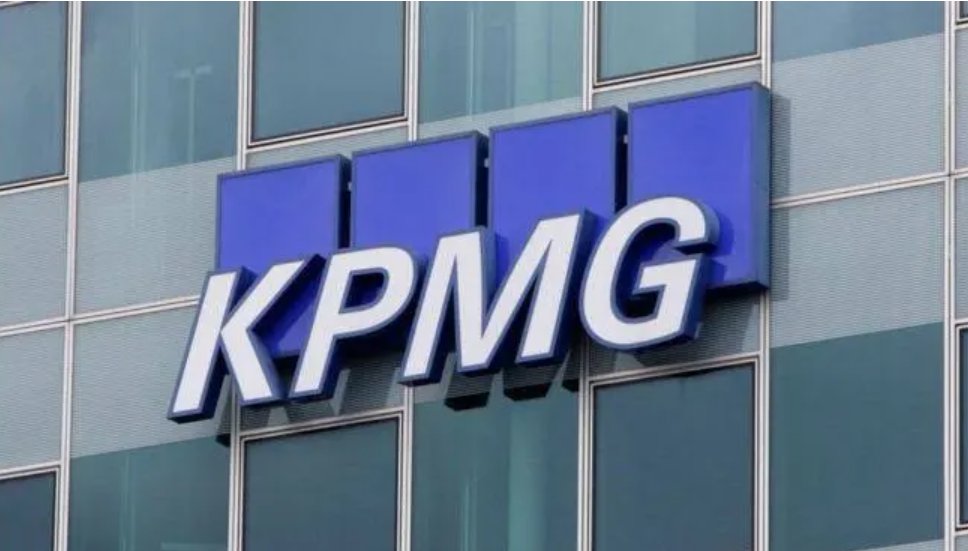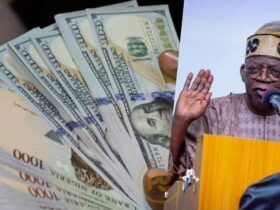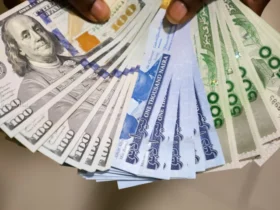In a recent macroeconomic review for the first half of 2023, global audit and advisory firm KPMG forecast that Nigeria’s headline inflation is poised to soar to a staggering 30 percent by December 2023.

The projection is attributed to the significant impact of recent governmental reforms, including the removal of fuel subsidies and the unification of the foreign exchange market.
KPMG’s data-driven model suggests that the combined influence of these reforms may lead to a headline inflation rate of approximately 30 percent by the end of 2023. As of September, Nigeria’s current headline inflation rate stood at 26.72 percent, according to the National Bureau of Statistics.
READ ALSO: Tinubu’s Aide Laments Nigeria’s Soaring Inflation Rates
The report also addresses strategies for managing inflation. It points out that the recent increases in the Monetary Policy Rate (MPR) implemented by Nigeria’s central bank over the past 18 months have failed to curb the rising inflationary trend.
Instead, the report recommends addressing issues such as energy and transportation costs, supply chain challenges, and promoting local production as more effective methods to control inflation.
Furthermore, KPMG’s report projects that Nigeria’s economic growth for 2023 will be modest, with an expected growth rate of 2.6 percent.
This is a reduction from the World Bank’s initial projection of 2.8 percent for the same period, as well as a drop from the 3.1 percent growth rate achieved in 2022.

The report suggests that the recent reforms initiated by President Tinubu, such as the removal of fuel subsidies and the unification of the foreign exchange market, may contribute to lower GDP growth in the country.
The report reads, “We expect the Nigerian economy to grow by 2.6 percent in 2023, lower than the revised World Bank’s 2023 forecast of 2.8 percent for Nigeria and the 3.1 percent growth rate achieved in 2022.”
The report highlights that the challenges faced in the first half of the year, including the unsuccessful naira redesign policy, sluggish economic growth due to reduced crude oil output, elevated inflation, and the fuel subsidy removal, along with the devaluation of the naira, are expected to have negative repercussions in the second half of 2023.
Nigeria has witnessed a sustained increase in inflation over the past nine months, reaching a two-decade high of 26.72 percent in September. Analysts link this record inflation to President Tinubu’s removal of fuel subsidies and reforms in the currency market.








Leave a Reply